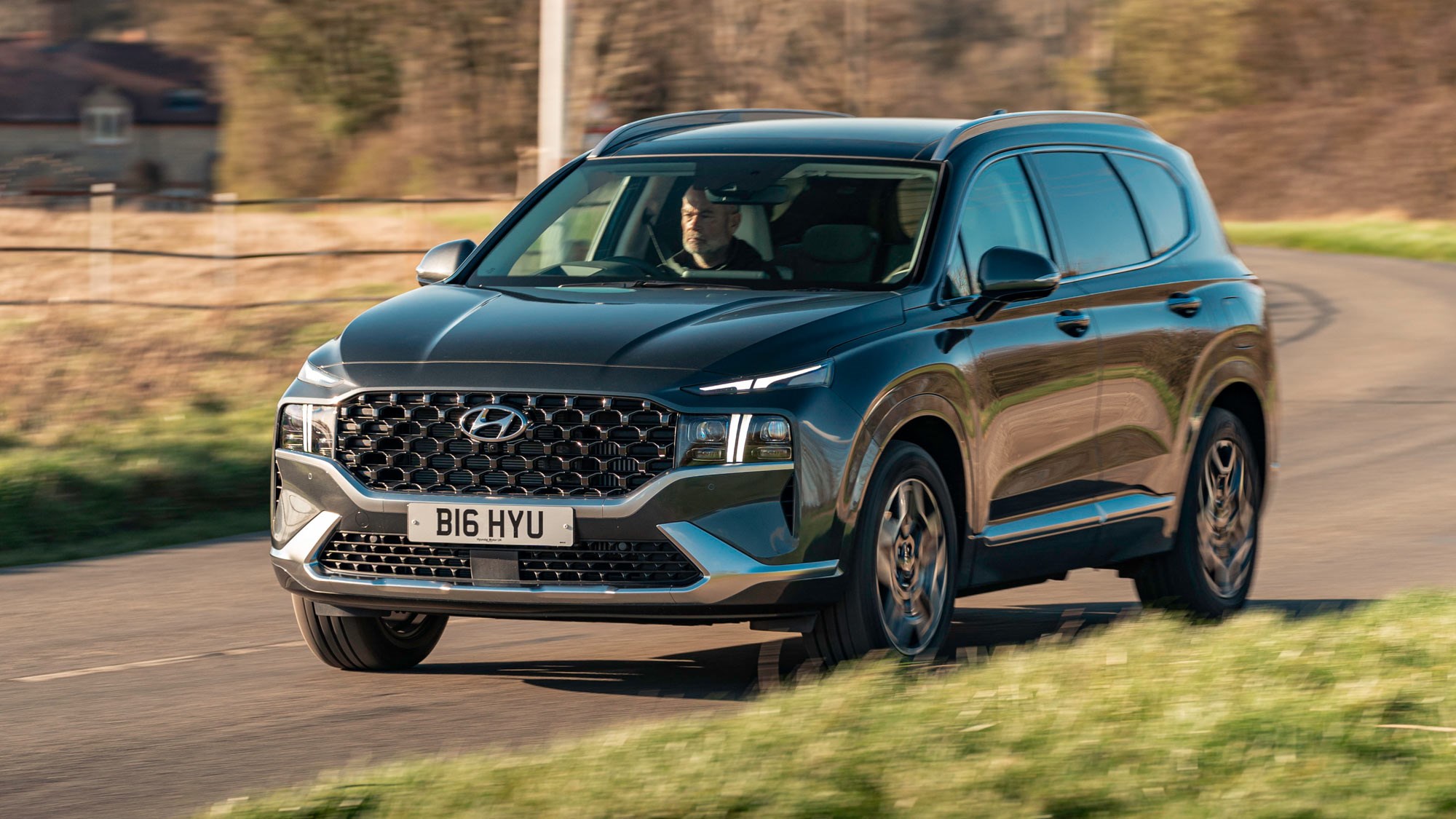Introduction
Driving is a major part of the American lifestyle. Whether you’re commuting to work, taking your kids to school or just going out on a Sunday drive, most people spend a lot of time behind the wheel. While driving has been around for over 150 years and has changed very little in that time period, things may be about to change drastically with the introduction of electric vehicles (EVs). EVs have been around for decades but have only recently become more mainstream due to improvements in technology and lower costs of production. Now that EVs are becoming more popular than internal combustion engines (ICEs), it’s important that we understand what makes them better—and what might hold them back from becoming dominant modes of transportation worldwide
The future of driving is electric.
Electric vehicles have always been the future of driving, and now that time has finally come. Internal combustion engines are a thing of the past, and electric vehicles are more efficient, environmentally friendly, and cost-effective than anything else on the market today.
The benefits of an EV over a traditional car include:
- A higher fuel economy than gas-powered cars (up to 30{a5ecc776959f091c949c169bc862f9277bcf9d85da7cccd96cab34960af80885} higher)
- No tailpipe emissions or greenhouse gases generated by burning fossil fuels like oil or coal for power generation (not even CO2!)
- A lower purchase price due to lower maintenance costs
EVs Have the potential to be much more cost-efficient than internal combustion engine vehicles.
Electric vehicles (EVs) have the potential to be much more cost-efficient than internal combustion engine vehicles.
- EVs have no engine, transmission, or exhaust system. This saves you money on maintenance and repairs.
- EVs don’t need a lot of fuel–they run on electricity generated from your home or through charging stations around town. You can also save money by charging at night when electricity rates are lower!
EVs are good for the environment.
Electric vehicles are great for the environment. They don’t produce carbon dioxide, so they help reduce greenhouse gases and combat climate change. They can be charged using renewable energy sources like solar power or wind power, which means that an EV owner doesn’t have to rely on fossil fuels like gasoline or diesel. And because EVs are more efficient than ICE vehicles (Internal Combustion Engine), they emit fewer pollutants per mile traveled than their ICE counterparts do–and that’s just another way of saying that driving an EV is better for everyone!
EVs can use solar power to charge their batteries.
Solar power is a renewable energy source and it’s also clean. You can use solar panels to charge your electric vehicle (EV) at home or work, but you don’t have to be a homeowner or employee of a company with an EV charging station in order to enjoy all the benefits of solar power.
You can install solar panels on your roof, which will then send electricity directly into your car’s battery pack when it needs charging. In addition to saving money on gas expenses and keeping our air cleaner for future generations by reducing carbon emissions from transportation sources like cars and trucks (which account for 26{a5ecc776959f091c949c169bc862f9277bcf9d85da7cccd96cab34960af80885} of all U.S.-based greenhouse gas emissions), EVs can also help reduce dependence on foreign oil since they run primarily off electricity instead of gasoline!
Range is a big problem right now, but not for long
Range is a big problem right now, but not for long. The only reason that range is an issue is because we have to make the battery packs smaller and more efficient in order to fit them into cars. As technology improves, so will our ability to build longer lasting batteries.
But even if you don’t believe me about how soon this will happen (and I get it–it’s easy to think it won’t), there are other reasons why EVs will become popular:
Conclusion
The future of driving is electric. EVs have the potential to be much more cost-efficient than internal combustion engine vehicles, they’re good for the environment and they can use solar power to charge their batteries. However, range is a big problem right now but not for long. There are many companies working on new ways to increase the range of EVs so that they can go further without charging up again



More Stories
Improving The Performance of Electric Vehicles
Cost Of Charging An Electric Car? $2 A Month!
Why Electric Vehicles are the Better Choice for the Environment